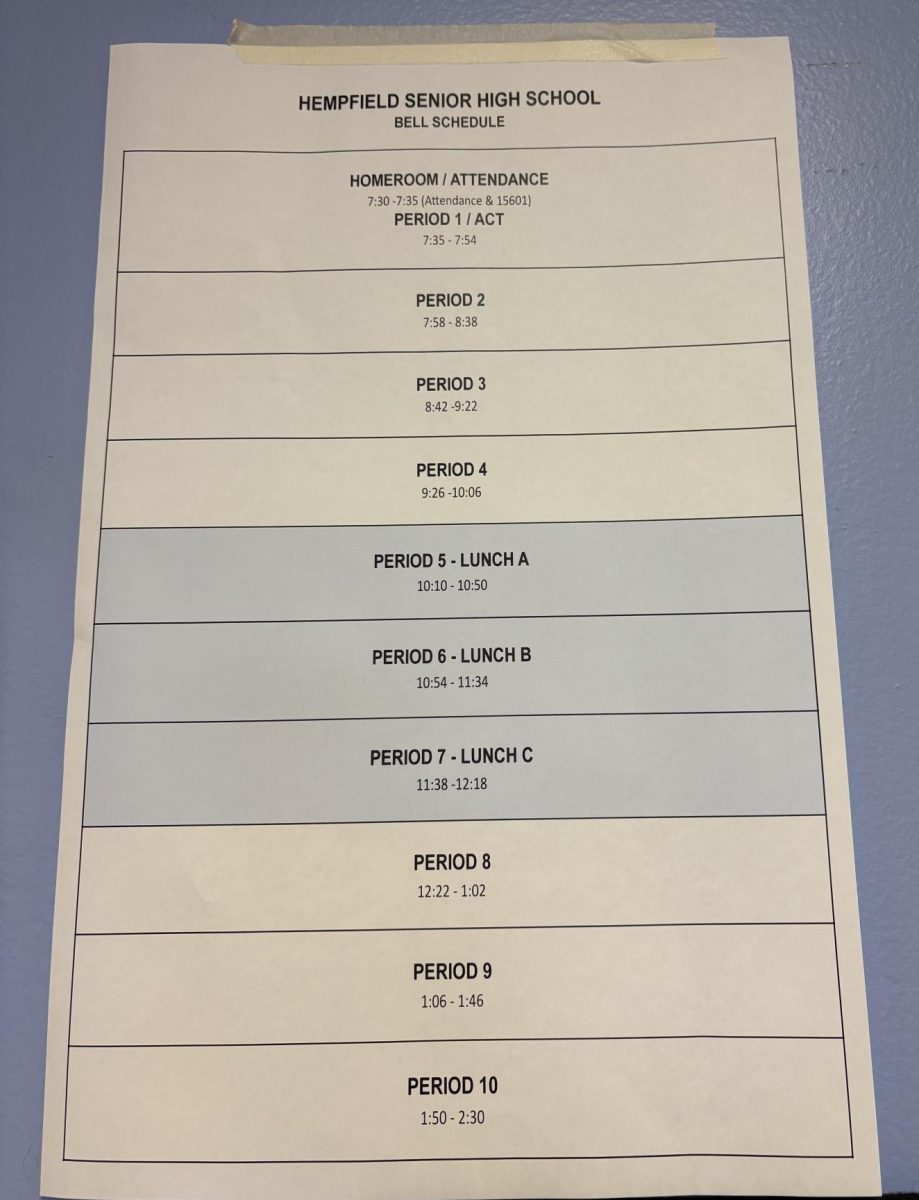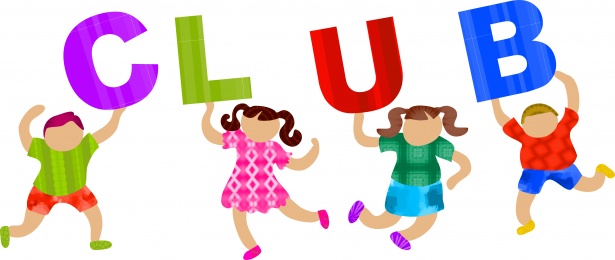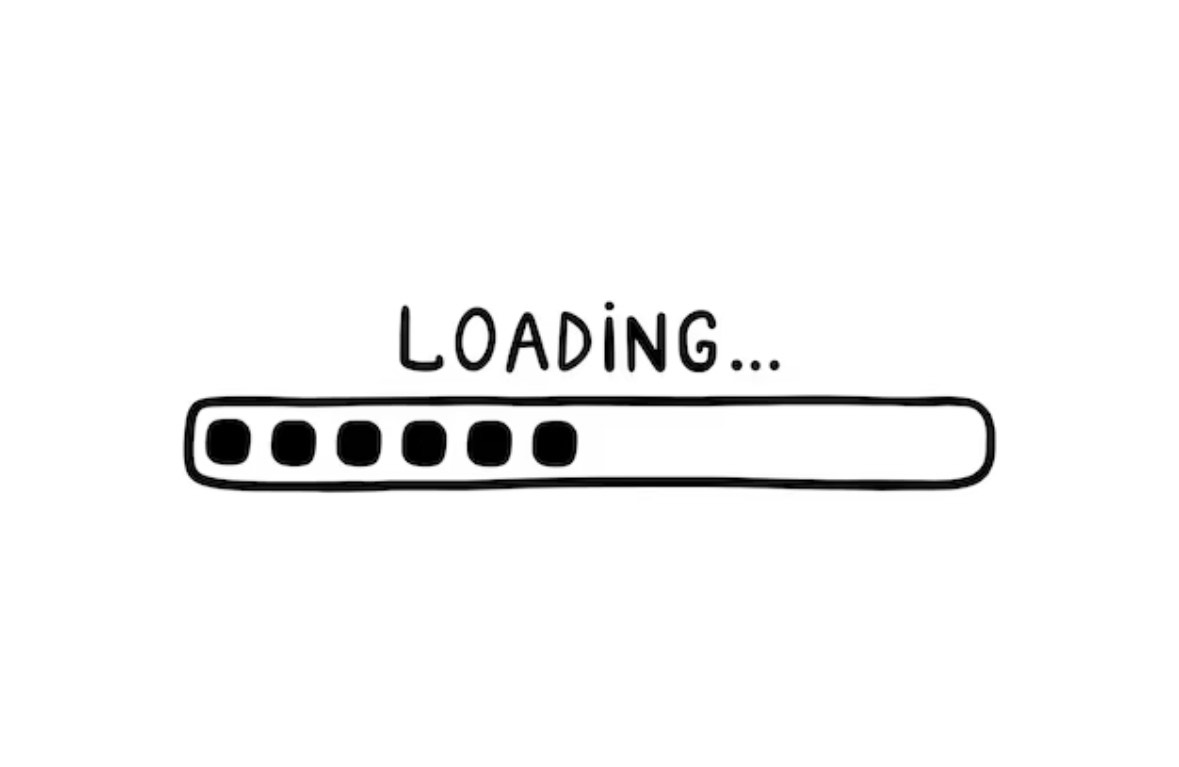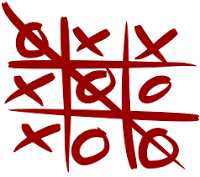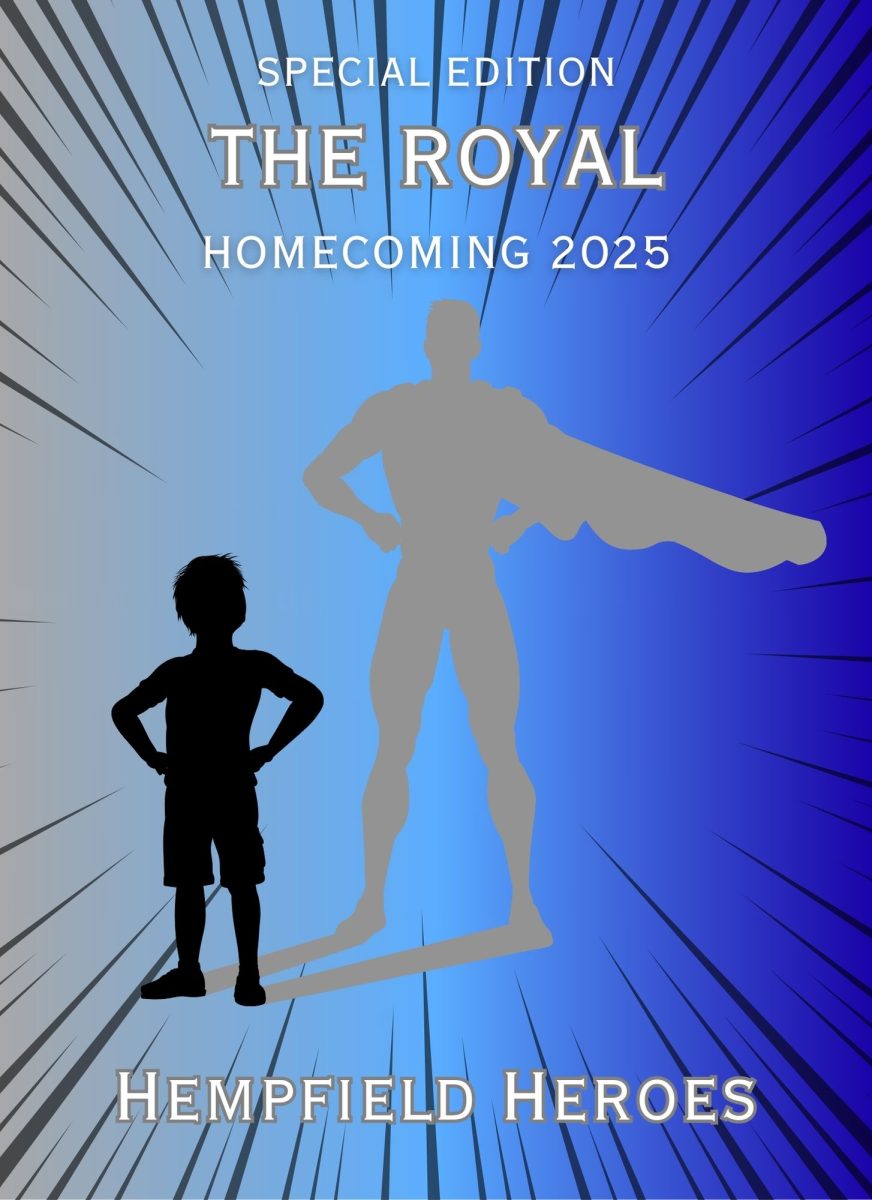“This is not an attempt to ban Tik Tok. It’s an attempt to make Tik Tok better. TIC TAC TOE a Winner.” House representative, Nanci Pelosi spoke out about how the bill regarding the social media app is not aimed at banning it but improving it.
The bill in question does not directly ban Tik Tok but if passed, will likely lead to it. The wording is pretty clear in its intent. The bill’s purpose is to give the Chinese company ByteDance 6 months to sell the social media platform to an American owned company, or the app will be banned in the United States. This raises a few questions. Why is Tik Tok being banned in the first place? Why is the U.S. government pushing for the company to be American owned? How would the app be banned? And how far is the bill from being signed into law?
Since 2020, allegations that Tik Tok has been sharing private information with Communist China have perpetuated multiple attempts at the app’s ban, but do the accusations have any validity? First, does Tik Tok collect and sell information? Yes. The app does collect information and sell it, but so does every other social media app including Instagram, Facebook, Snapchat, Vsco, YouTube, Twitter, Pinterest, and Reddit. Collecting and selling information is how these apps make profit and prevent users from having to pay for subscriptions. The difference is, these companies are American based and owned.
Secondly, is it affiliated with Communist China? There is no evidence that supports that Tik Tok or its parent company ByteDance has ties with the Communist party. The CEO who is from Singapore, not China, attested in front of the House of Representatives that he has no knowledge that his company or its owner ByteDance has any relationship with the Chinese government. So if every other media app collects and sells data, and if there is no evidence supporting ties between Tik Tok and Communist China, why is the American government pushing the sale to an American Company so hard? Some speculate that large benefactors that help fund politicians would heavily benefit from the sale of the company. Tik Tok is the largest foreign competitor in social media, and the heavy competition between it and the American companies like Instagram has led to the constant need for American platforms to improve user experience minimizing their own profitability. In turn, U.S. owned social media companies lose millions of dollars because Tik Tok forces them to provide a better product. In some ways, it looks like the ban on Tik Tok could put millions of dollars into the pockets of the American social media platforms that have monopolized the market while lowering the standard that media users experience.
The real question is how would the U.S. government even push a ban on an app that millions of Americans own? The United States government plans to rely on other U.S. owned companies to limit the access U.S. citizens have to Tik Tok. First, companies like Apple and Google will remove the app from their stores. Next, internet and service companies like T-Mobile and Xfinity will block the internet from accessing and allowing Tik Tok to run on their servers. So it seems like although the app cannot be removed from someone’s phone, companies can limit pretty much any way to access the app.
Tik Tok bans have been proposed before, but will this one pass? That question is still in the air, but here’s what we know so far. The bill has passed through the House of Representatives with an overwhelming majority, but the Senate has yet to bring the bill onto the floor. If it passes the Senate, President Biden has declared that he would sign it into law. Other bills similar to this one have been “stuck” in the Senate for years and never reach the president, so whether or not the bill ever makes it to the floor, or it gets lost in the Senate is anyone’s guess.
Finally, would the ban of Tik Tok really be that bad? Tik Tok has been a time waster since its release, but at the same time, it has instilled community and economic opportunity. The app may encourage inappropriate behavior at times, but it has shared information that has positively changed the lives of others. The platform offered connections during the Covid pandemic, raised thousands of dollars for charities, and has given ordinary people the opportunity to become “famous” for their talents. At the same time, people waste their days on Tik Tok while ignoring their responsibilities. Does the good of Tik Tok outweigh bad?
